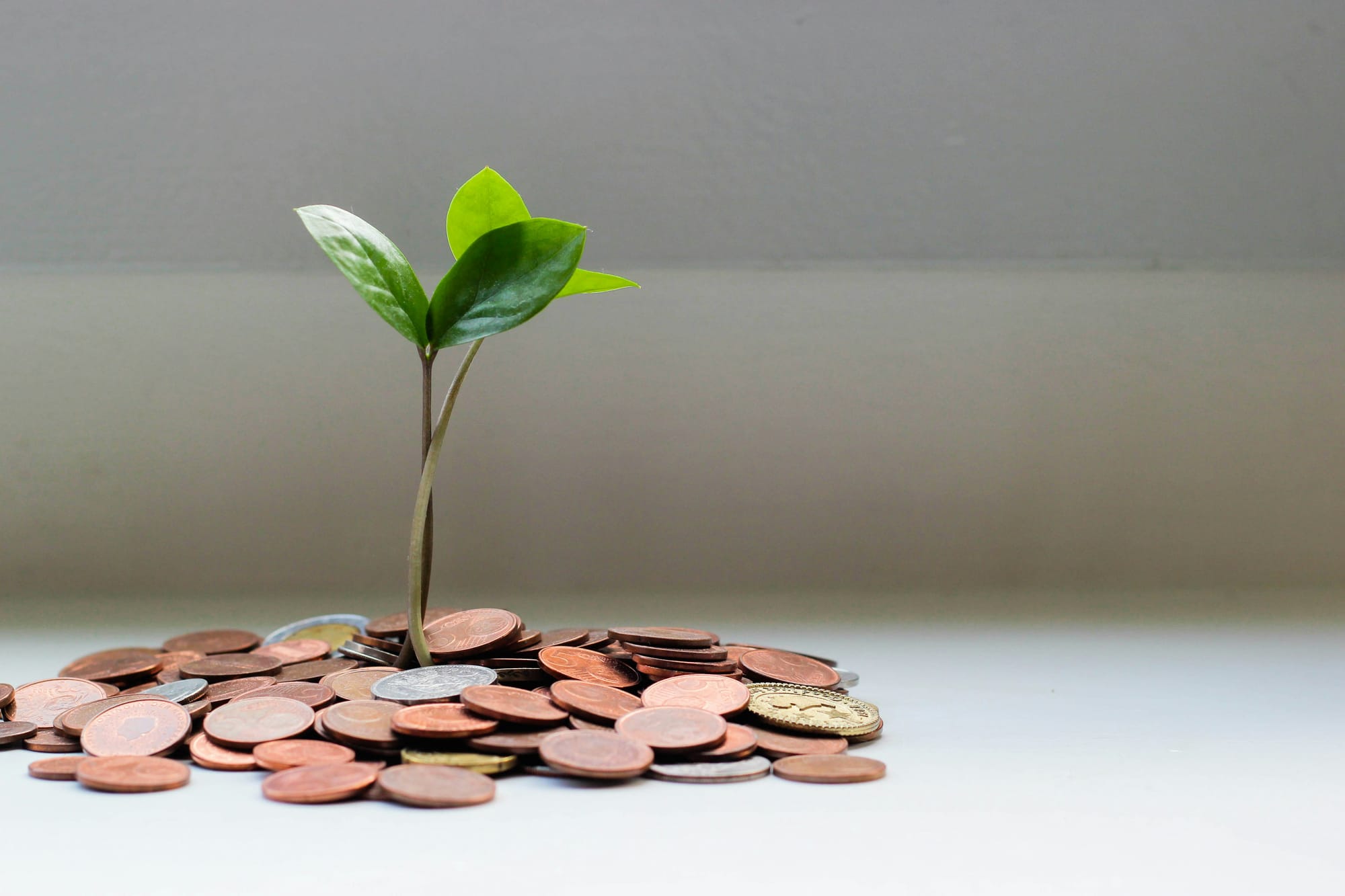The data problems in sustainability
We have mountains of data on sustainability. Yet problems persist. The pattern I see is that 80-90% of our work tackles data problems, not implementing actual solutions. This one's about why I think we're stuck solving the old problems, and what needs to change.

There has been a theme to my work for the past four years that I’ve been aware of but that I’m only now thinking about holistically.
Data, which is to say quantitative information, can be obtained to describe just about anything. By definition if you can measure something you can gather data on it. I am this tall, this heavy, this fast - how do I know? I measured.
Getting data is step 1 and step 4 of the scientific method, ‘observe’, and ‘experiment’. But data on its own is pointless, step 2 is ‘question’, and step 5 is ‘analyse’. You have to take the data you have gathered and do something with it.
This is how we learn, we observe, we question, we experiment, we analyse, and we repeat. This is how we solve things.

Following this train of thought, it stands to reason that if we don’t know or can’t do something, it’s because we don’t have all the information - we don’t have enough data to make a good decision or form valid opinions.
Was there ever life on Mars? We’re close to being able to say yes, but we don’t have the data to say for sure. Is there life after death? We don’t know, there’s no data (which is data in and of itself actually).
Problems arise when we think we have enough data and start to draw conclusions anyway.
When someone sees something strange in the sky people quickly jump to aliens and UFOs - but that’s never been the case. They just don’t have all the information and so make incorrect assumptions.
When we have the data, problems get simple
When we do have the data things are easy(er). Successful software companies are a good example of this. With modern day software it's easy to track all aspects of a user's behaviour - where they’re clicking, what they’re clicking, how long it takes them to click, how long they watch a video for, if they like it, etc.
With that information it's simple enough to question and analyse what they did, and then predict what they would do next.
Apple, Amazon, Facebook, Twitter, etc all owe their success to the fact that it’s easy for them to get more data and thus make more and better decisions about what to do next.
This makes the problems they are trying to solve simple, and boring. Not necessarily easy, but if you have all the data already, it's going to be simple, and if you’re solving something that’s been worked on and barely changed for decades, it’s boring.
Apple done made the good computer.
Amazon’s done knowing how to make you buy things.
Any more work they’re doing on these things won’t make a big difference.

Why sustainability is different
An interesting problem is sustainability. I’ve talked before about how ‘sustainability’ isn’t really a helpful term in the past, it doesn’t really mean one thing, it means at least 17, but that’ll do for the blog title.
What makes the ‘sustainability problem’ interesting is that it’s the opposite of what the big tech companies are doing. It’s complex, and despite being worked on for decades, there’s always new questions to answer and problems to solve.
That and of course the altruism of it all but that doesn’t seem to be enough for folks.
Now, as I said in the beginning, data can be obtained for anything that can be measured. Once you measure it you have it, then you need to question it, analyse it, and manage it. And we can certainly measure sustainability. All the big topics have copious amounts of data - see once again my favourite website ‘Our World in Data’ - so why haven’t we solved it yet?
Well, unfortunately, the energy transition is more complex than getting someone to scroll to watch another video. While the data exists, supply chains aren’t as willing as consumers to share all of their information with one company. And while I’ve never met someone who says it’s bad to run community events I’m yet to see a government invest in it the way they invest in silicon.

Three ways good data goes bad
To my mind these are the titular ‘data problems in sustainability’.
The circular economy's locked data
Why are the oceans still polluted? Why are coral reefs still bleaching? Why hasn’t this been solved yet? Don’t we have the data? Yes, we have the data, we’ve had it for a long time.
But we can’t access it. Thousands of factories in China, India, Bangladesh, and Pakistan have been manufacturing just about everything for decades. The people who run these factories are smart. Believe me, they have the data. The data problem for a circular economy is accessibility.
They developed their industrial process muscles and their logistics muscles, but never needed to develop their data sharing muscles. Their customers, the big brands of the world don’t want things shared, they want exclusivity. They don’t want a circular economy as much as they want to keep selling.
Complexity kills action
Why haven’t we solved the energy transition yet? Why is there so much debate still? Why isn’t the road clear? Don’t we have the data? Yes, we have the data, we’ve had it for a long time.
Unlike circular, we can access to the data for the energy transition. We have organisations such as the IEA and the IPCC who regular extract and share data. But people don’t seem to understand it, or at least don’t act on it. Not just politicians but protestors too.
Of course it’s an over simplification to say but the data problem for the energy transitions seems to me to be education. If you don’t understand the data, you can’t question or analyse it, so you can’t solve it.
When politics trumps evidence
Last example, why are people still getting sick from curable diseases? Why are people still dying from TB? Do we not have the data? Yes, we have the data, we’ve had it for a long time.
Unlike circular, we have access to the data on mortality rates and vaccines. Unlike the energy transition it’s really not that complex. There’s a lot of data, but not so complex. But the data isn’t managed or utilised in a way that is at all reasonable. Like many social issues.
John Green’s latest book ‘everything is tuberculosis’ describes just how much data we have, just how obvious the solution is, and yet just how terrible the decisions made on the international stage are. If the important data was managed and regulated correctly we’d have solved this one.
I could go on. There are more problems and more examples of the same problems regarding ‘data in sustainability’ - but let’s stop there. These are the big ones. Access, education, and management.

Data problems are solved problems
The big tech companies left these problems behind in the early two thousands and moved on to optimisation problems, insights, roadmaps - action.
These are solved problems.
Yes we’re talking about a larger scale, larger complexity, and more difficult regulatory environments, but we know how to solve them already, it’s been done before. Why aren’t we putting more effort, investment, and time into them?
Perhaps, I think, because they’re harder, less profitable, and yes they’re solved problems and so less people find them interesting. But we could and should be done with the ‘data problems’ and dealing with the actual hard stuff, the analysis, the actionable parts.
When I worked at South Pole and EA I would guess 80-90% of the work the consultants did were about solving data problems and not about what comes next.
All of this was to say, there’s a data problem in sustainability, but I’m not worried, our species has solved them before. We’ll get them. I’m somewhat concerned we haven’t done it already, but we’ll get there. I’m hopeful.
